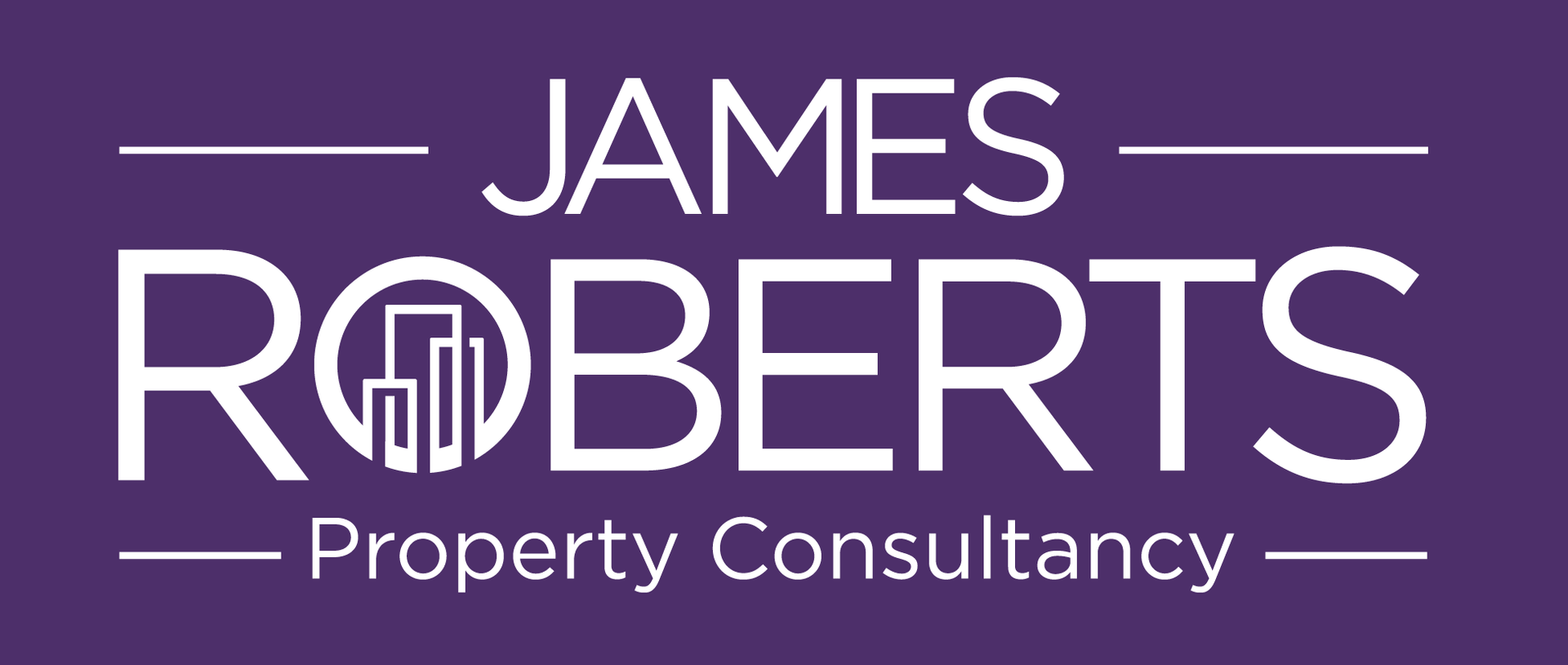Bank of England Base Rate Now 4%
What is going on?

On the 2nd of February 2023, the Bank of England announced that the UK base rate would be 4%, a move widely predicted by analysts. With inflation raging at over 10% and mortgage rates increasing from a couple of percent a year ago to circa 6% now, what is happening in the property market?
The Nationwide House Prices Index shows annual growth of 1.1% in January, from 2.8% in December. The critical word is growth. However, January also saw a further monthly decline, with prices 3.2% below August's peak. Rightmove are predicting that average asking prices will drop by 2% in 2023, which means that prices will remain higher than the SDLT-induced orgy in the property market in 2021, courtesy of the then Chancellor, Rishi Sunaks, decision to ease SDLT levels temporarily.
There is an aura of doom and gloom in the UK housing market, but is it so bad? Most analysts predicted house prices would drop between 5% and 15% in the next year, which looks pretty bleak, particularly when most people's primary financial asset is their home. But is it?
It is easy to forget that for over a year in 2021-22, house prices in the UK enjoyed a circa 1% uplift per month. So even at a 15% drop, the reality is that this will "correct" (to use the economists' terms) house prices back to early 2021 levels. I also tell my clients that these reductions are not just affecting them in a vacuum (although it can seem that way); they are affecting the majority of properties in the UK except for a few, particularly recent locations. So typically, if your house is reducing, the home you are looking at has also decreased. This should be some comfort to homeowners. It is primarily a problem for those looking to move up the ladder, as it will leave them with a more significant equity shortfall to fuel the move.
The reduction in mortgage applications is not in doubt, notably when renewing mortgages is excluded from the overall figure. Still, the FCA reported in December 2022, in its Q3 2022 mortgage lending statistics, that the value of new mortgage commitments in Q3 2022 was 4.5% greater than the previous quarter and the highest value recorded since 2007 Q3. So, the UK economy is still addicted to credit as much as it has been since the last big recession in 2007/8.
My view:
I cannot remember a time in my career when so many residential properties over £1.75m are for sale in a 25-mile radius of Canterbury. There are some genuinely fantastic properties for sale, but they don't appear to be shifting. What I find particularly unusual is that there seems to be no appetite to review asking prices, despite the economic news. It is clear that there is a large chunk of sellers who have refused to accept that the general financial picture has changed and the UK economy has taken a turn for the worse. I expect this is due to some sellers having significant mortgages that are due for renewal, and they will see their mortgage costs dramatically increase. Hence, they want to offload their houses at the August 2022 level (the peak). They probably have at least six months before their mortgage renewal, but some of them will inevitably have to accept reality.
What I have been telling my clients:
As my father would say, we have entered a market where "cash is king". I am seeing some great deals at auctions at the moment. What is clear is that if you have the funding in place or are a 100% cash purchase, you have not been able to get a good deal in the last few years due to the amount of competition. This competition is dramatically reduced, leaving sharp purchasers a good deal of negotiating space to get a good deal.
